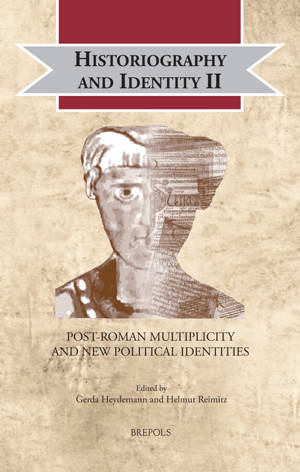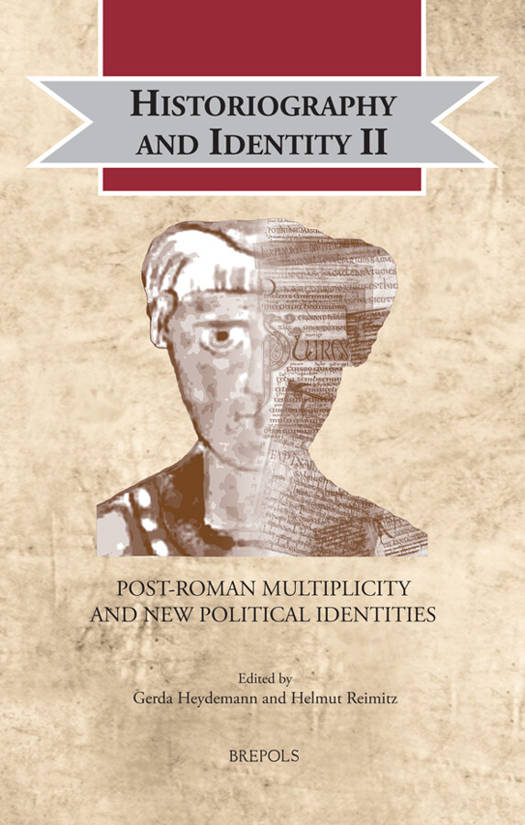
Bedankt voor het vertrouwen het afgelopen jaar! Om jou te bedanken bieden we GRATIS verzending (in België) aan op alles gedurende de hele maand januari.
- Afhalen na 1 uur in een winkel met voorraad
- In januari gratis thuislevering in België
- Ruim aanbod met 7 miljoen producten
Bedankt voor het vertrouwen het afgelopen jaar! Om jou te bedanken bieden we GRATIS verzending (in België) aan op alles gedurende de hele maand januari.
- Afhalen na 1 uur in een winkel met voorraad
- In januari gratis thuislevering in België
- Ruim aanbod met 7 miljoen producten
Zoeken
Historiography and Identity II
Post-Roman Multiplicity and New Political Identities
Gerda Heydemann
Hardcover | Engels
€ 106,00
+ 212 punten
Omschrijving
The six-volume sub-series Historiography and Identity unites a wide variety of case studies from Antiquity to the Late Middle Ages, from the Latin West to the emerging polities in Northern and Eastern Europe, and also incorporates a Eurasian perspective which includes the Islamic World and China. The series aims to develop a critical methodology that harnesses the potential of identity studies to enhance our understanding of the construction and impact of historiography. This second volume of the series studies the social function of historiography in the Justinianic age and the post-Roman kingdoms of the West. The papers explore how writers in Constantinople and in the various kingdoms from Italy to Britain adopted late antique historiographical traditions and adapted them in response to the new needs and challenges created by the transformation of the political and social order. What was the significance of their choices between different models (or their creation of new ones) for their 'vision of community'? The volume provides a representative analysis of the historiographical resources of ethnic, political, and religious identifications created in the various Western kingdoms. In doing so, it seeks to understand the extant works as part of a once much wider and more polyphonic historiographical debate.
Specificaties
Betrokkenen
- Auteur(s):
- Uitgeverij:
Inhoud
- Aantal bladzijden:
- 356
- Taal:
- Engels
Eigenschappen
- Productcode (EAN):
- 9782503584706
- Verschijningsdatum:
- 1/10/2020
- Uitvoering:
- Hardcover
- Formaat:
- Genaaid
- Afmetingen:
- 165 mm x 239 mm
- Gewicht:
- 748 g

Alleen bij Standaard Boekhandel
+ 212 punten op je klantenkaart van Standaard Boekhandel
Beoordelingen
We publiceren alleen reviews die voldoen aan de voorwaarden voor reviews. Bekijk onze voorwaarden voor reviews.









